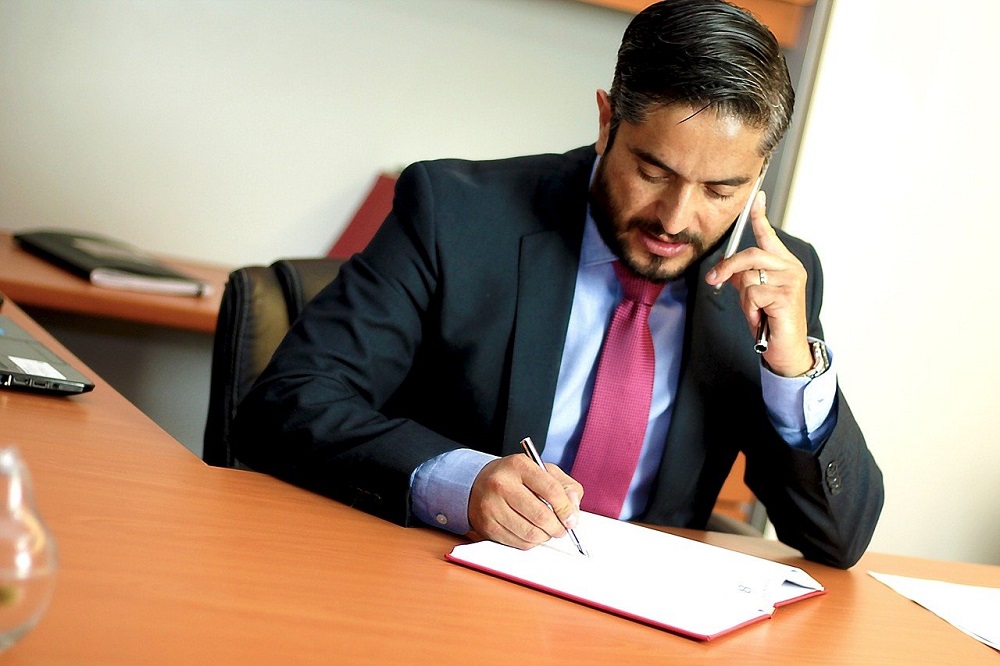
A well-drafted contract is essential in construction projects. As you begin planning, consult a reliable construction attorney to protect your interests and ensure clarity in every clause. Equally important, a skilled construction attorney can guide you through resolving conflicts and protecting your investments. Their expertise in interpreting legal language ensures that each contract meets industry standards and reduces liability exposure.
Understanding the Risks
Poorly written construction contracts often hide risks that may not be apparent at first glance. Ambiguous terms can lead to misunderstandings among parties. Mistakes in language may shift responsibilities in unexpected ways. You may find yourself facing unanticipated liabilities if terms are not clear. Unclear payment schedules, deadlines, and dispute resolution procedures can complicate your project.
Contractual Ambiguities and Liability
Vague contract language can cause significant legal problems. For example, if responsibilities for safety measures are not clearly defined, liability for workplace accidents may become disputed. Contracts that fail to specify risk-sharing arrangements may expose you to higher costs when claims arise. Inadequate definitions in the contract can lead to court battles that drain resources. It is essential to draft agreements with precision so that every party understands their duties.
Resolving Workplace Disputes
Workplace disputes often stem from contracts that leave too much open to interpretation. Disagreements over payment terms, scheduling, or quality of work can quickly escalate. By having clear contractual language, you can set expectations from the outset. Many disputes arise when parties have different interpretations of vague clauses. This confusion often leads to delays, lost time, and additional expenses. Establishing specific guidelines for handling disputes is vital to keeping projects on track.
Preventive Measures and Expert Guidance
To avoid the hidden dangers of ambiguous contract terms, proactive measures are necessary. You should regularly review contract templates and update them to reflect current regulations and industry standards. A seasoned construction attorney can provide tailored advice on drafting and revising agreements. Incorporating best practices in contract language helps minimize risk and protects all parties involved.
Specialized Dispute Resolution Strategies
Even with the best preventive measures, disputes can arise. In these instances, the expertise of a dedicated construction lawyer is invaluable. They can help negotiate fair settlements and manage dispute resolution through mediation or arbitration. An experienced legal professional will assess the situation, review all documentation, and advise on the best course of action.
Taking a Collaborative Approach
Successful construction projects require collaboration between legal experts and industry professionals. Regular communication between project managers, contractors, and legal advisors helps ensure that contracts remain up to date and reflect current operational practices. When all parties are aligned on expectations and responsibilities, the risk of disputes diminishes. Collaborative review sessions can identify ambiguous clauses before they become problematic.
Your construction contracts must be clear, detailed, and regularly reviewed to avoid hidden dangers. Ambiguities in contract language can lead to disputes, liability issues, and financial losses that impact every aspect of your project. By consulting a knowledgeable construction attorney early in the planning stage, you set a strong legal foundation.
